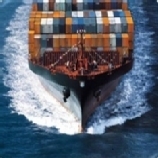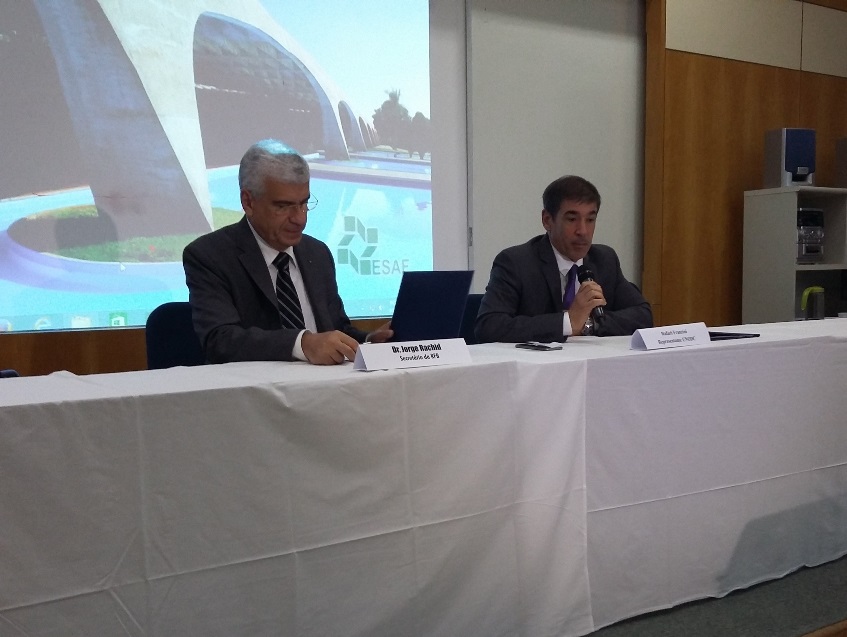UNODC and RFB sign a Cooperation Agreement
 |
Brasilia, 21 February, 2017 - The Secretariat of the Federal Revenue of Brazil (RFB) and the United Nations Office on Drugs and Crime (UNODC) signed yesterday (20) a Cooperation Agreement to facilitate mutual cooperation to achieve the common objective of improving the security of the containerized trade supply chain to be implemented by a Program comprised by the United Nations Office on Drugs and Crime, the World Customs Organization and national Authorities from the Container control Program (CCP) countries in the Latin American and Caribbean region ( LAC).
The Program is divided into several regional units, which includes the Latin America and the Caribbean units, which operates out of the Central America and the Caribbean Regional Office of the UNODC in Panama. In the LAC region, the Program is operational in 8 countries.
The main donors in implementing the CCP in the LAC region are Canada, the United States of America and the United Kingdom. Brazil becomes part of the Program and in the very near future it will be expanding to 6 additional countries in Argentina, Peru, El Salvador, Honduras, Cuba and Costa Rica.
|
Secretary of the RFB, Mr. Jorge Rachid, and the Representative of the UNODC Liaison and Partnership Office in Brazil , Mr. Rafael Franzini |
The agreement was signed by Mr. Jorge Rachid, Secretary of the RFB, and Mr. Rafael Franzini, Representative of the UNODC Liaison and Partnership Office in Brazil. The UNODC Law Enforcement Expert, Mr. Bob Van den Berghe, was also present and participated in the panel "International experience in the fight against drugs: the UNODC, US and French approaches".
Rafael Franzini stressed the relevance of the program, whose main objective is profiling the containers, and his enormous satisfaction of bringing a new program to Brazil."We will support the program and will provide technical assistance to RFB", noted Mr. Franzini.
Speaking at the panel, Bob Van den Berghe, underscored the importance of the program and emphasized its focus on the container risk management performed by the inter-agency container profiling units. "It has a system that allows the users to search and track containers with specific destinations and also gives the user detailed information about the type of cargo, routing, freight payment methods and all information needed to profile and identify high-risk containers" said him.
The CCP integrates activities including theoretical and practical training, ongoing maintenance, advanced specialized training and assistance through follow-up and onsite visits combined with mentoring to the Port Control Units. Regular steering committee meetings are also held, along with regional meetings of key stakeholders.
In Brazil, the program will be implemented in the Port of Santos, and the future Brazilian CCP members have received the theoretical CCP training in December 2016 in Peru, Lima together with CCP members from Argentina and Peru. Furthermore, two Brazilian CCP members participated in the regional CCP meeting in Panama in November 2016.
In 2016, a total of approximately 121 seizures took place. A total of approximately 36500 kilograms of cocaine was seized in 47 different cases. A further 585 kilograms of marihuana has been seized in two different cases. A number of seizures took place related to precursors, arms and ammunition, protected flora and fauna, IPR goods, restricted goods, contraband, false medicines, undeclared money, false money and tax evasion.
In 2017, the customs of the Port of Santos have seized over 3000 kilograms of cocaine.
